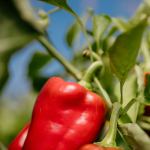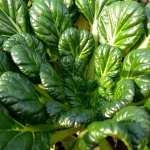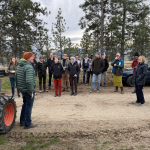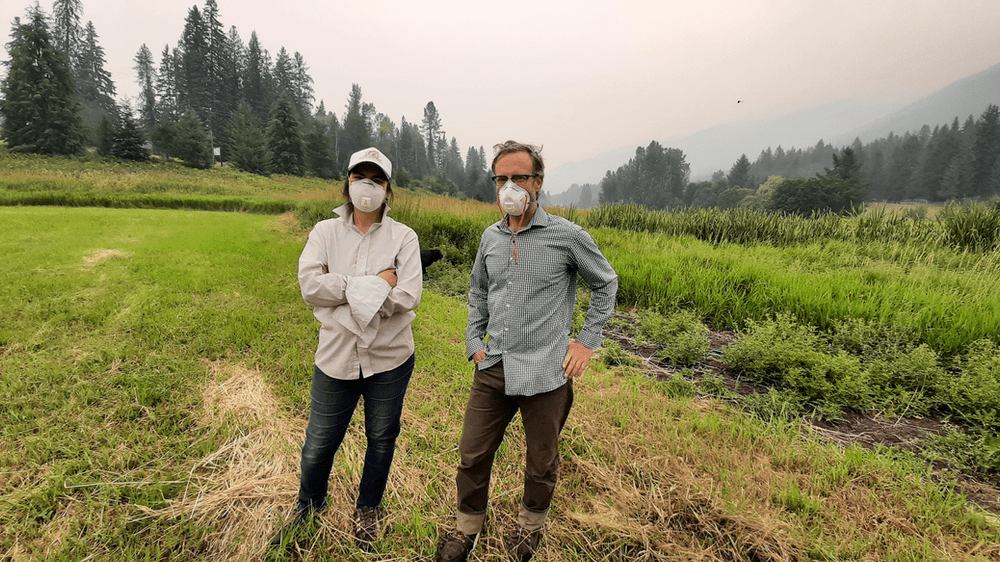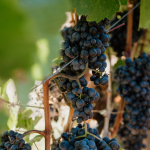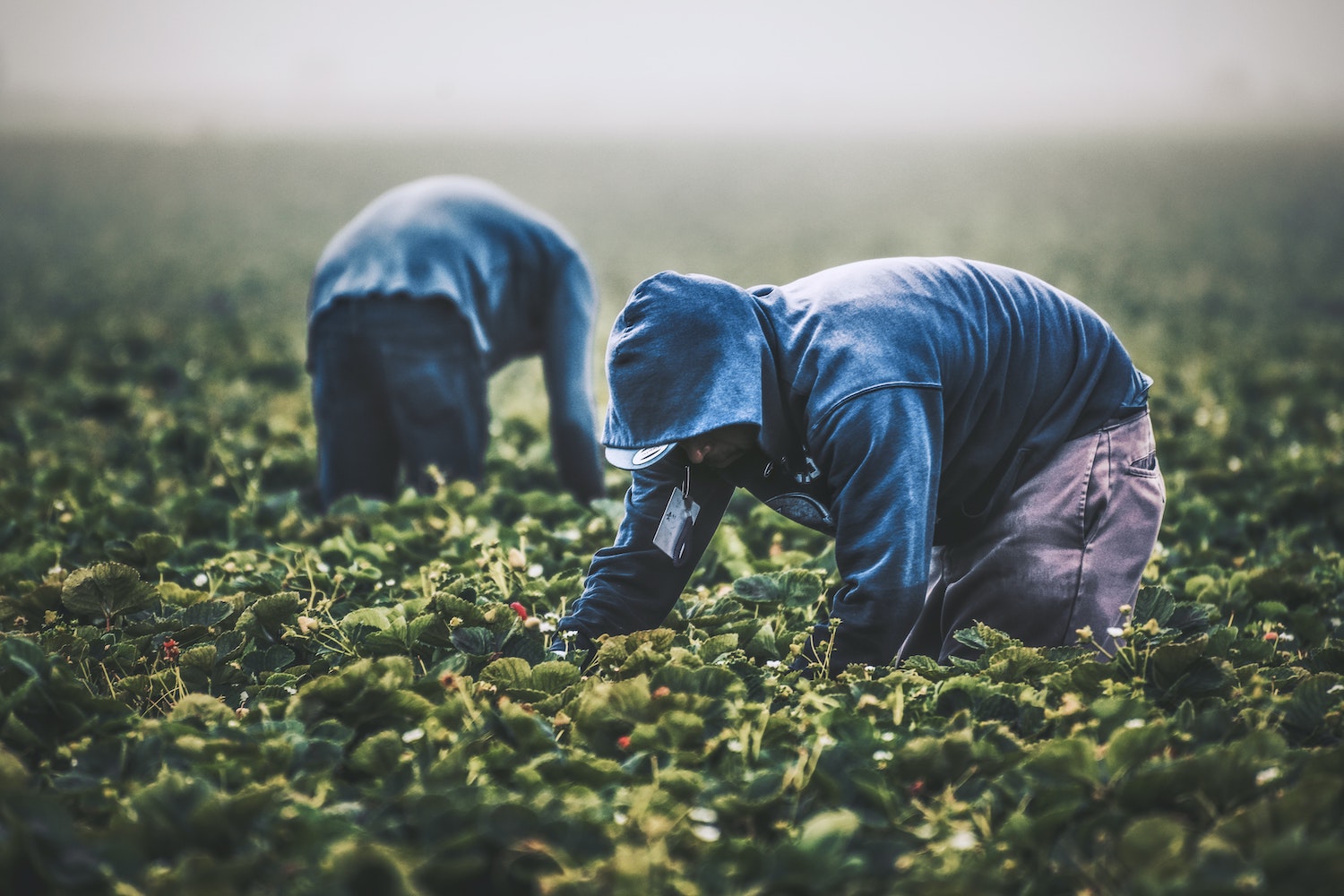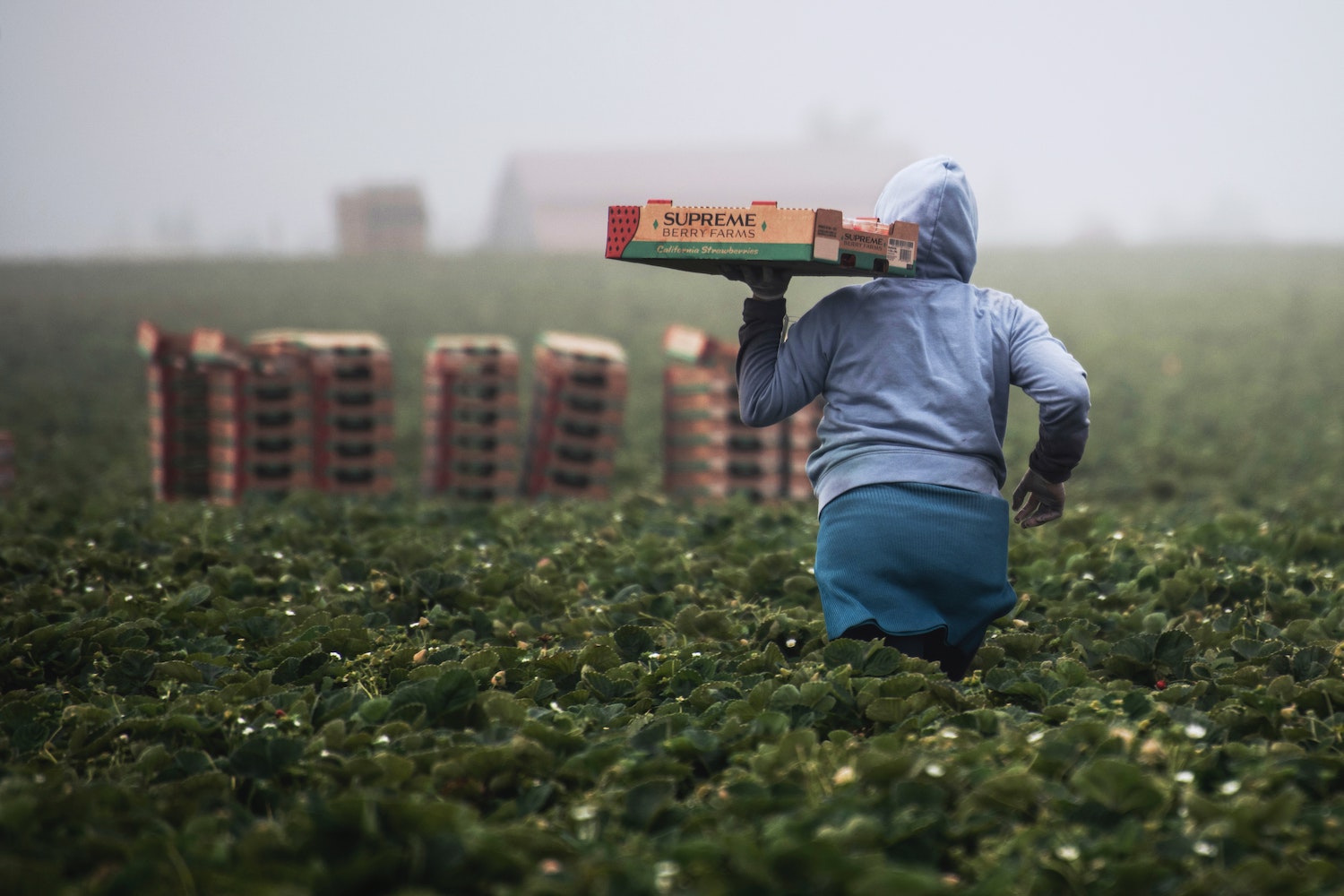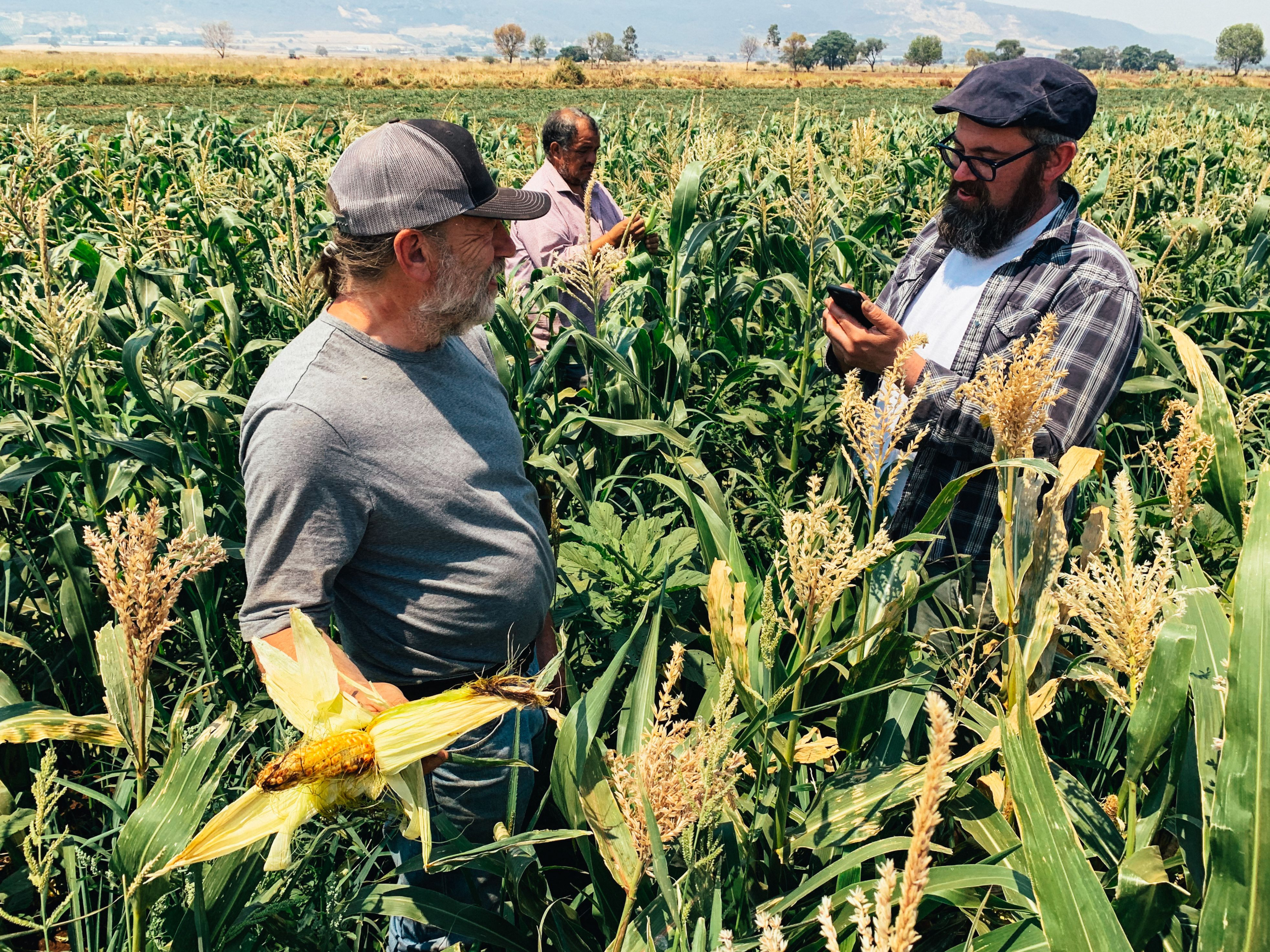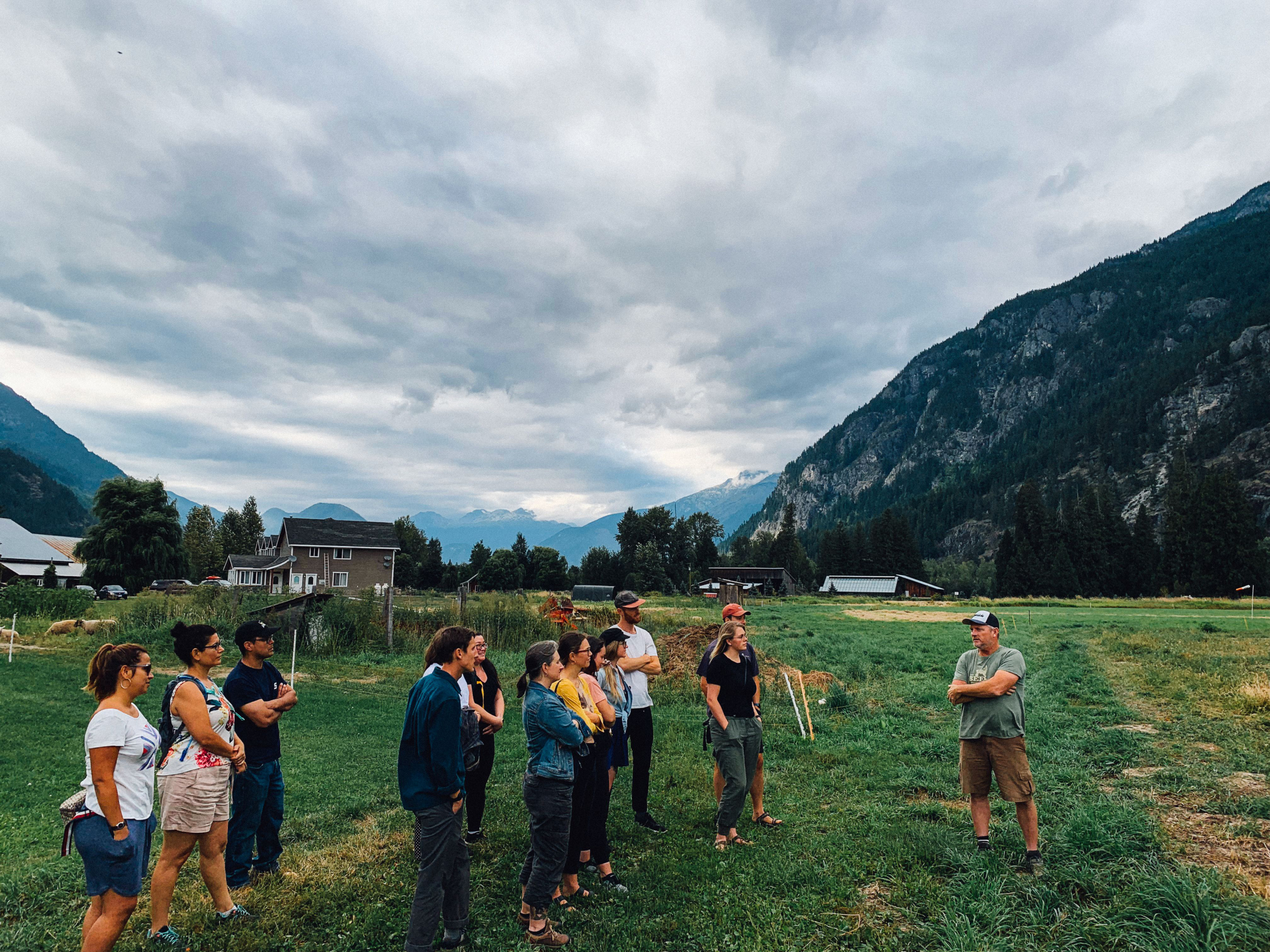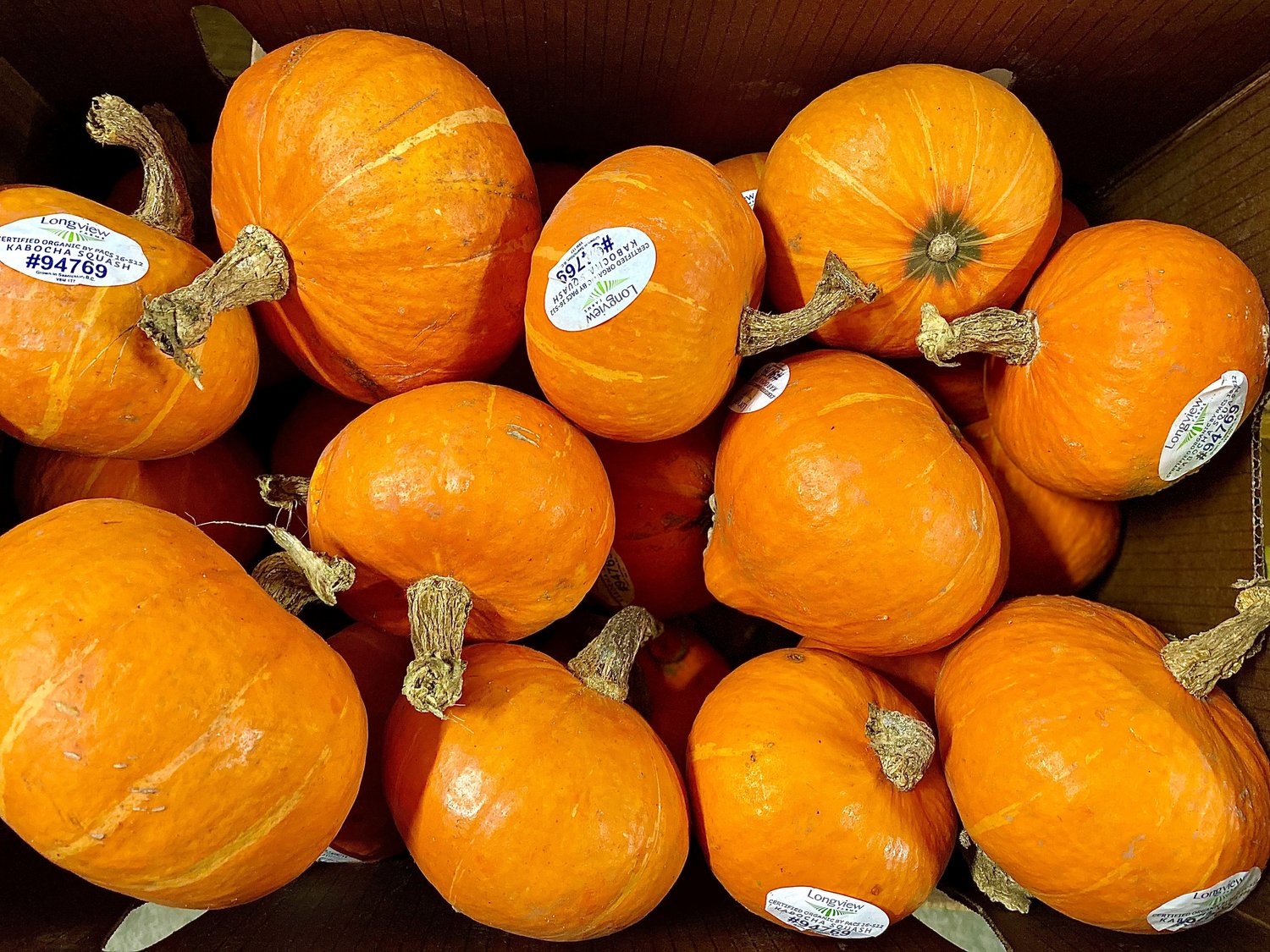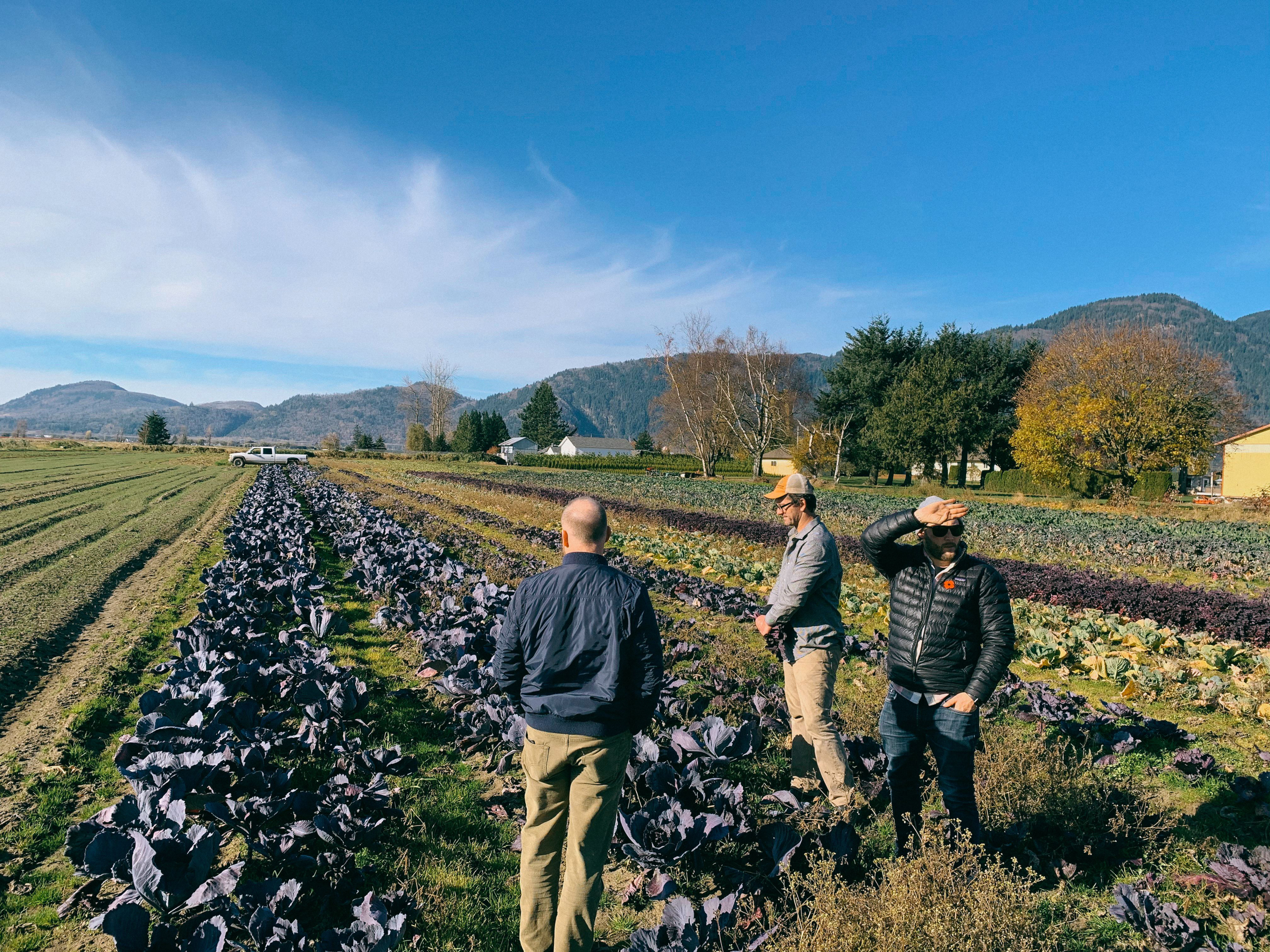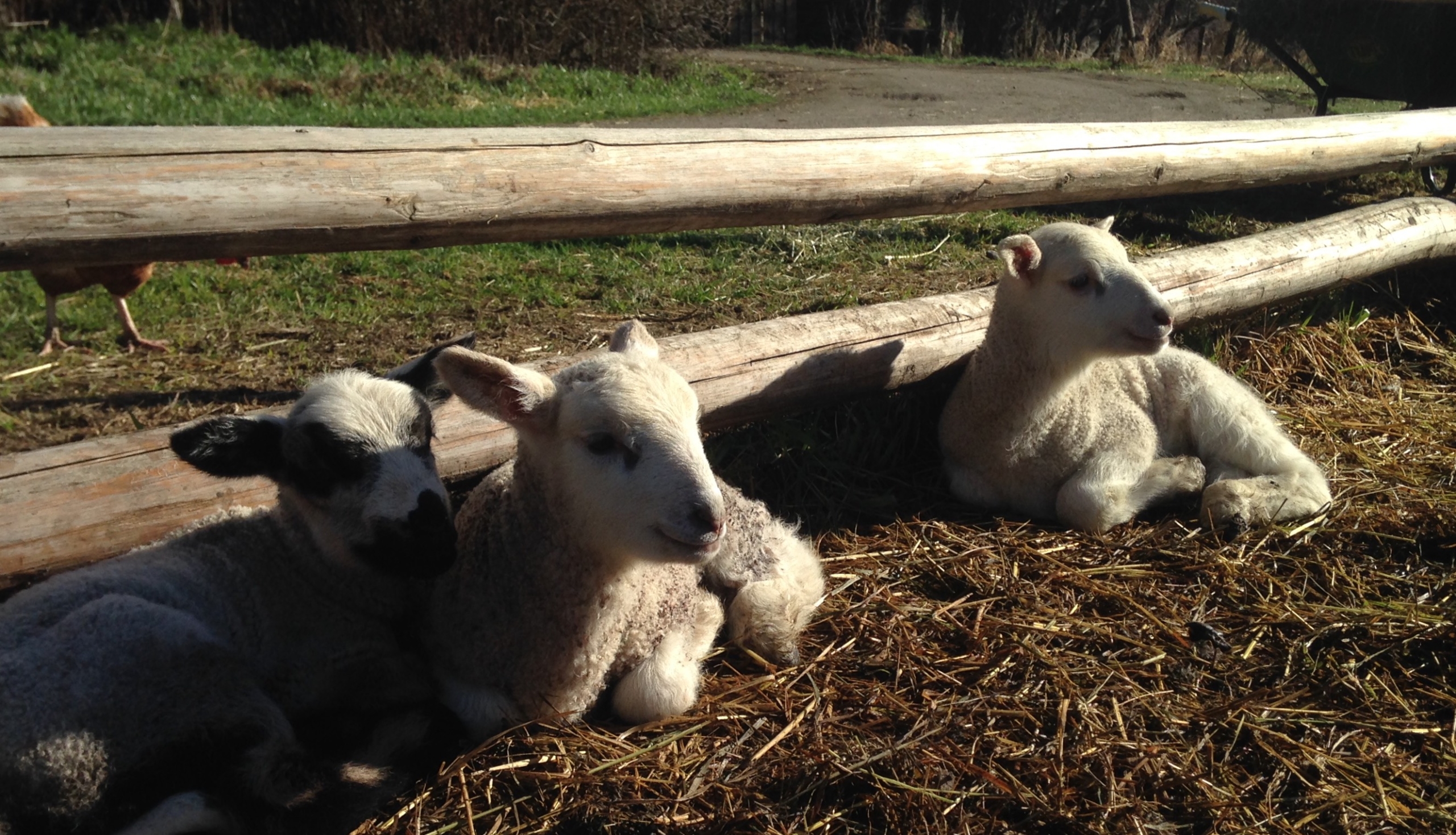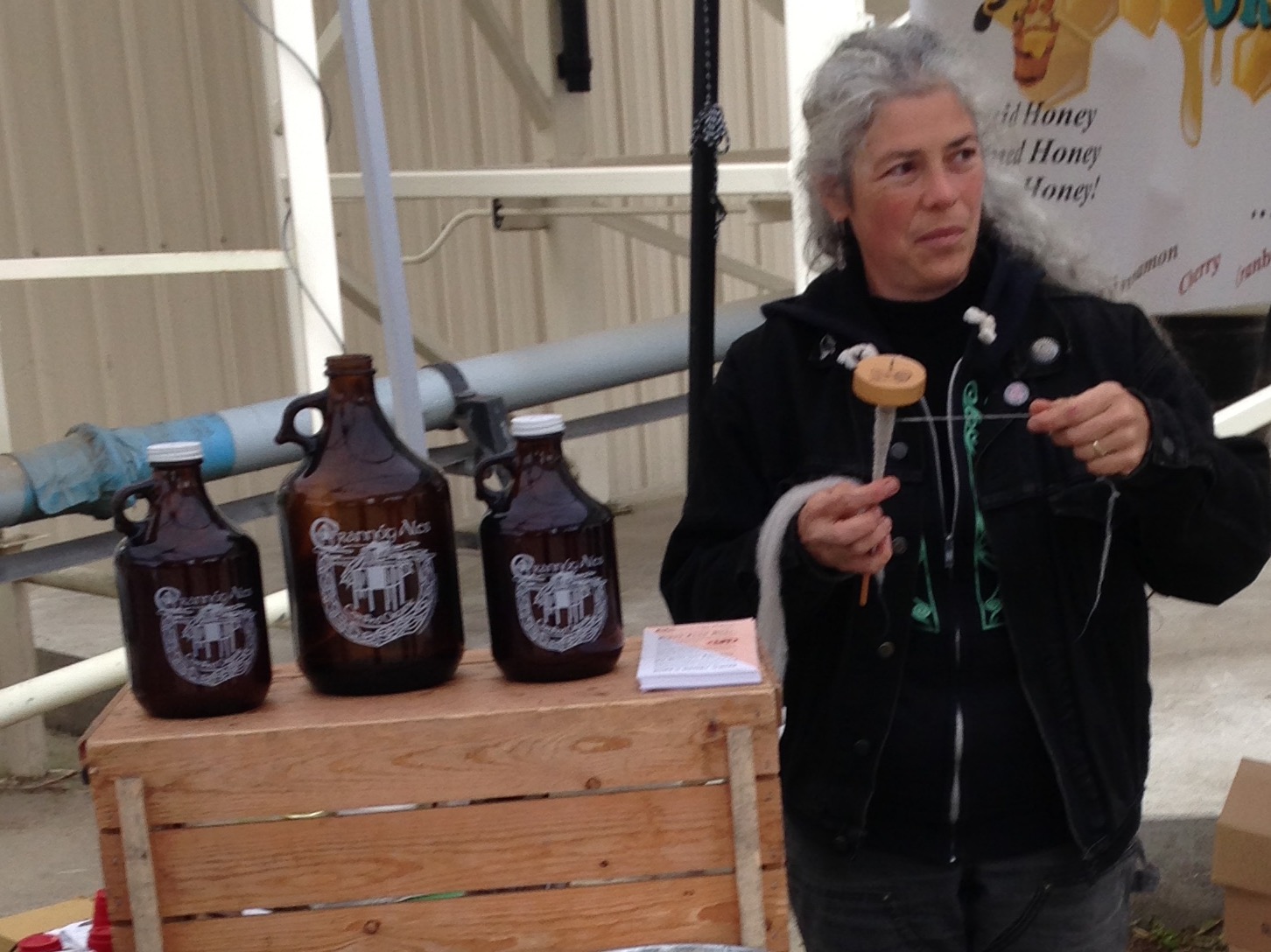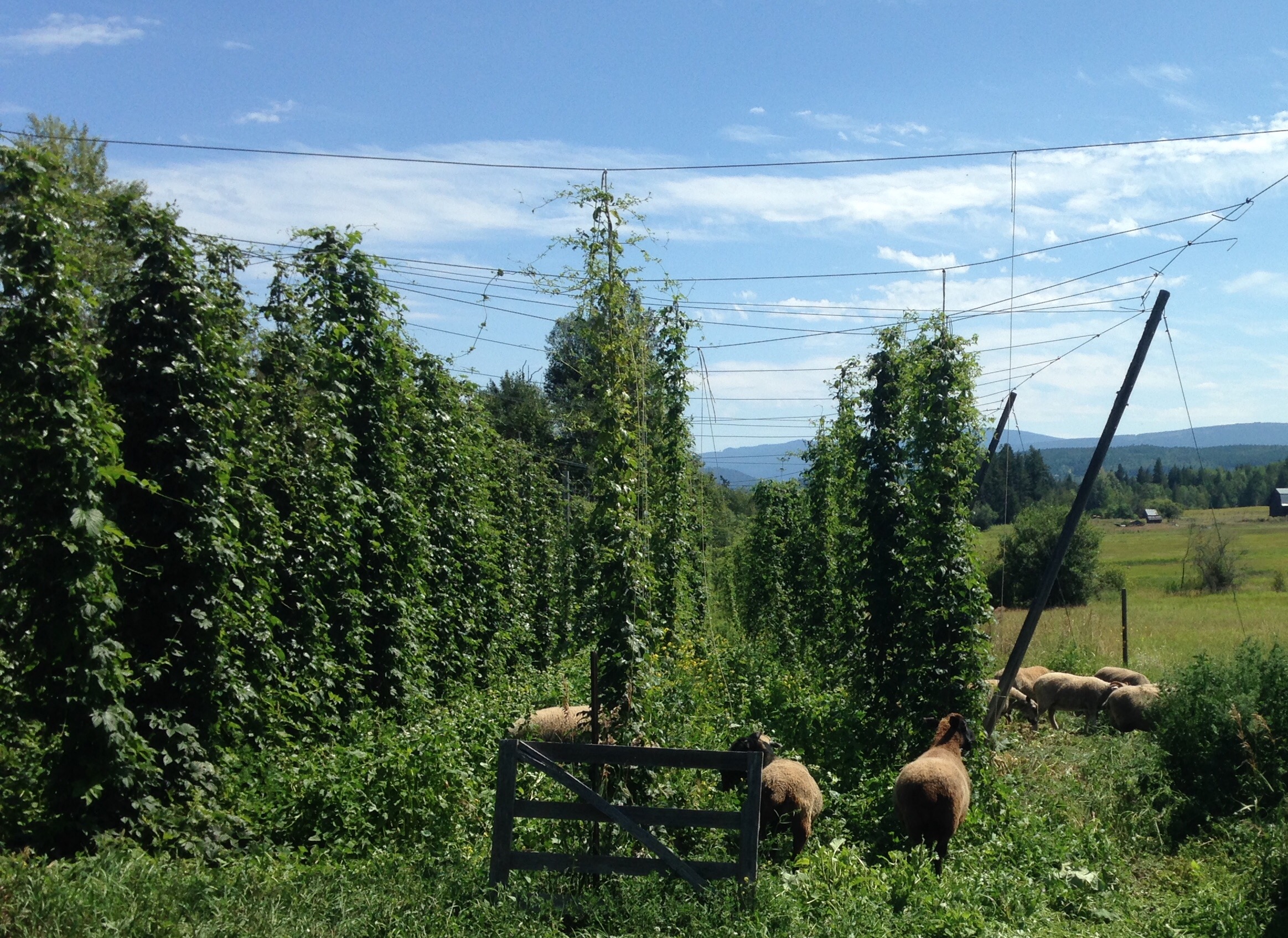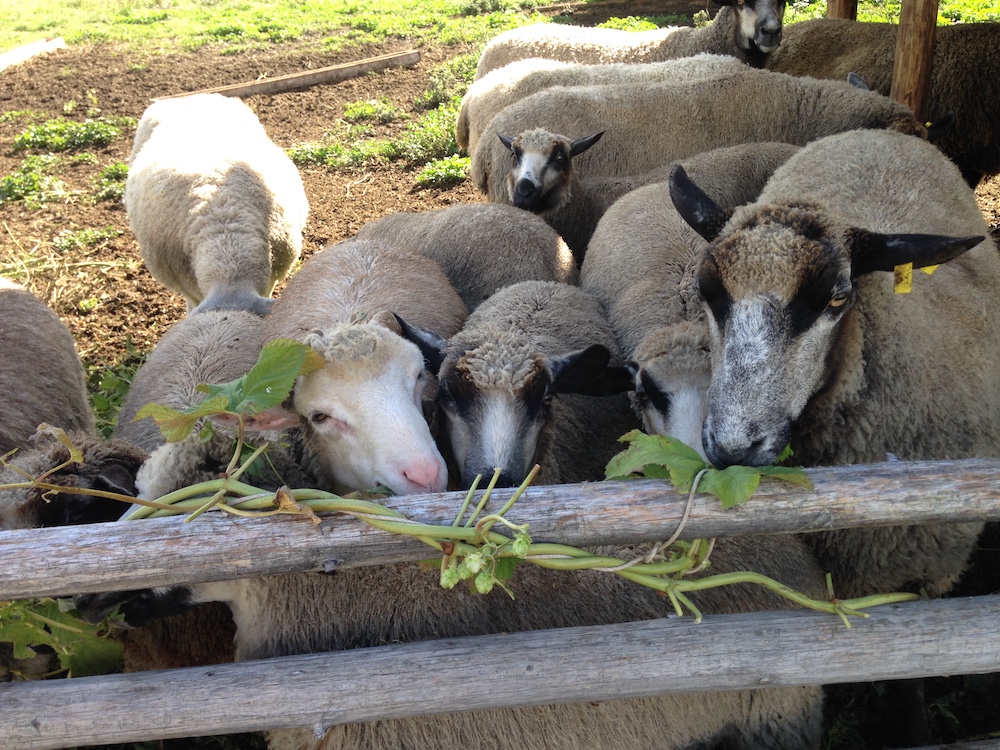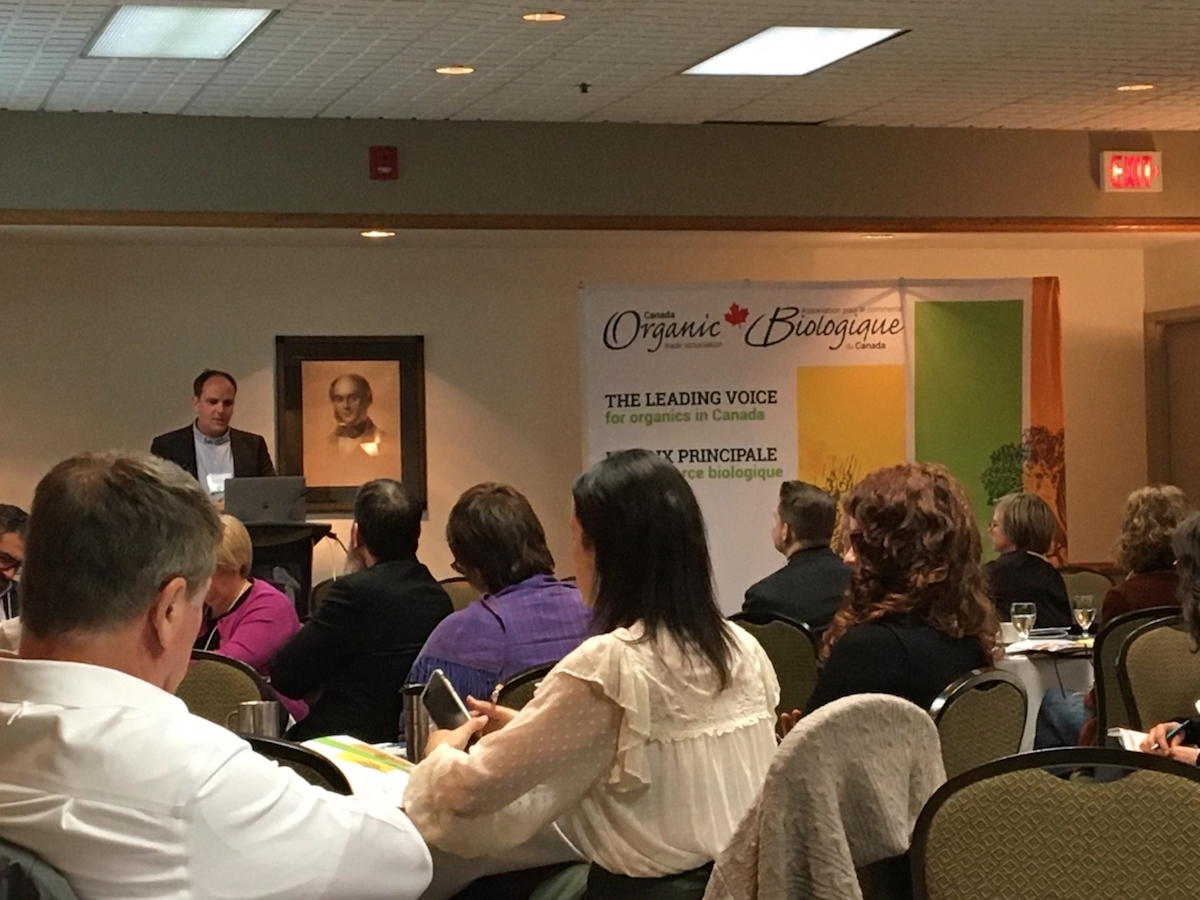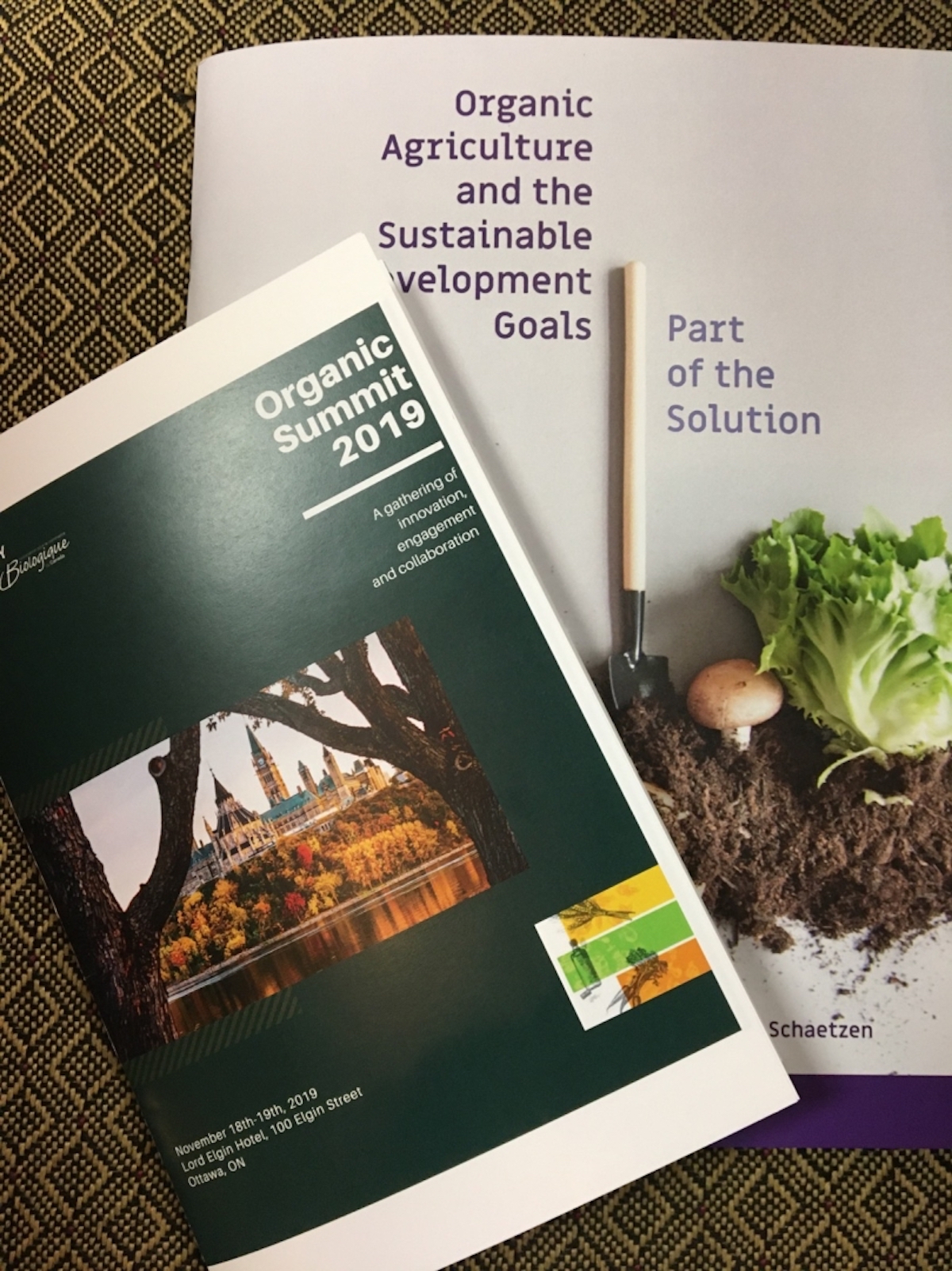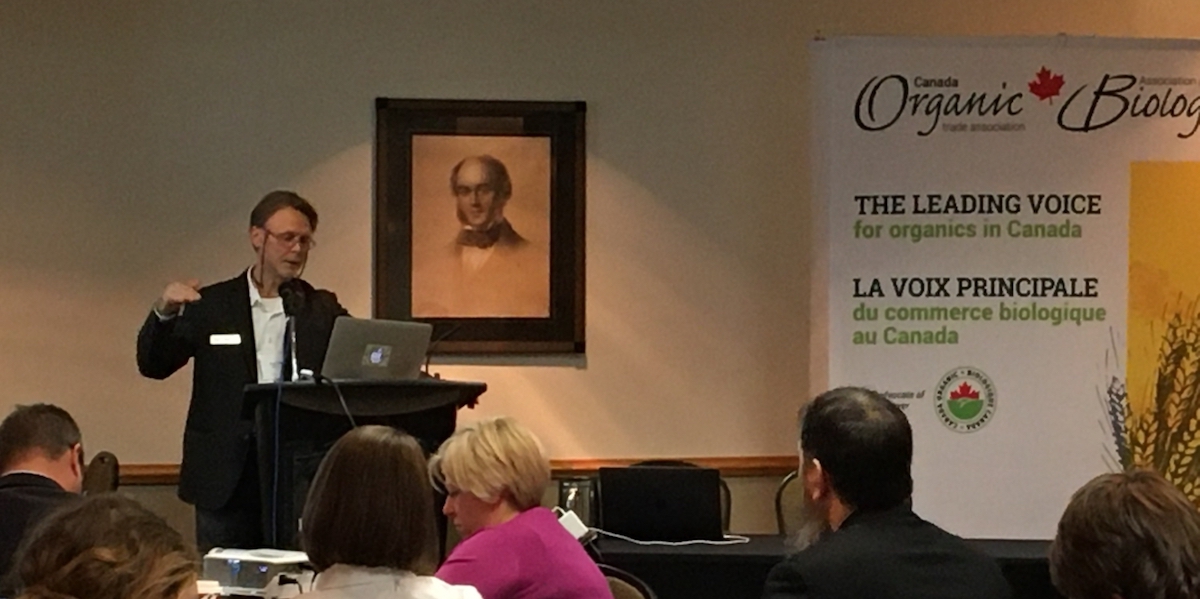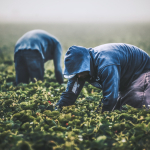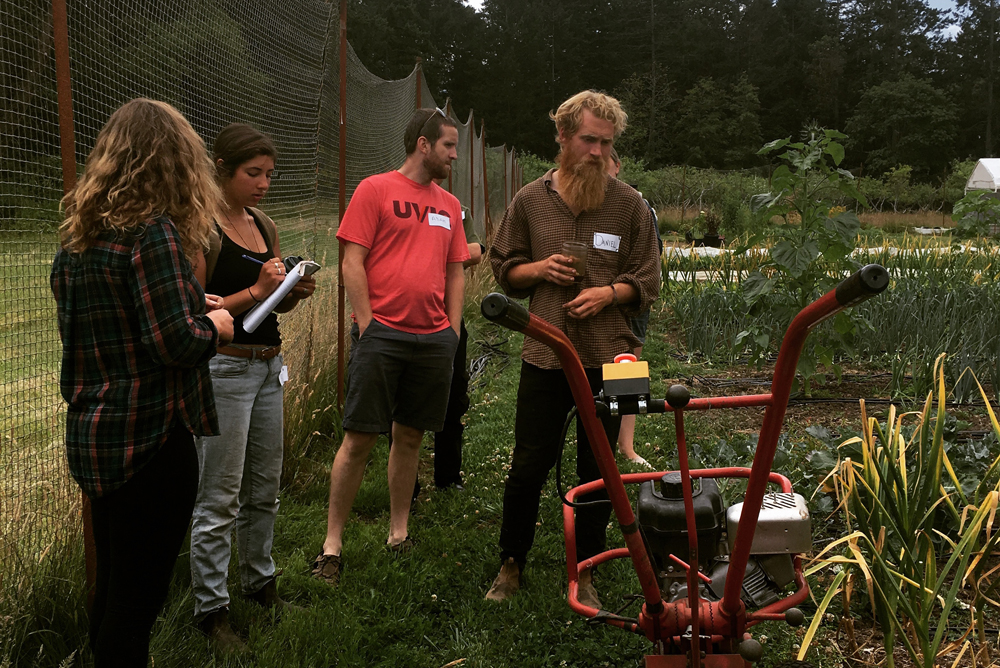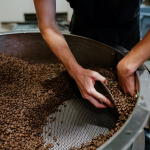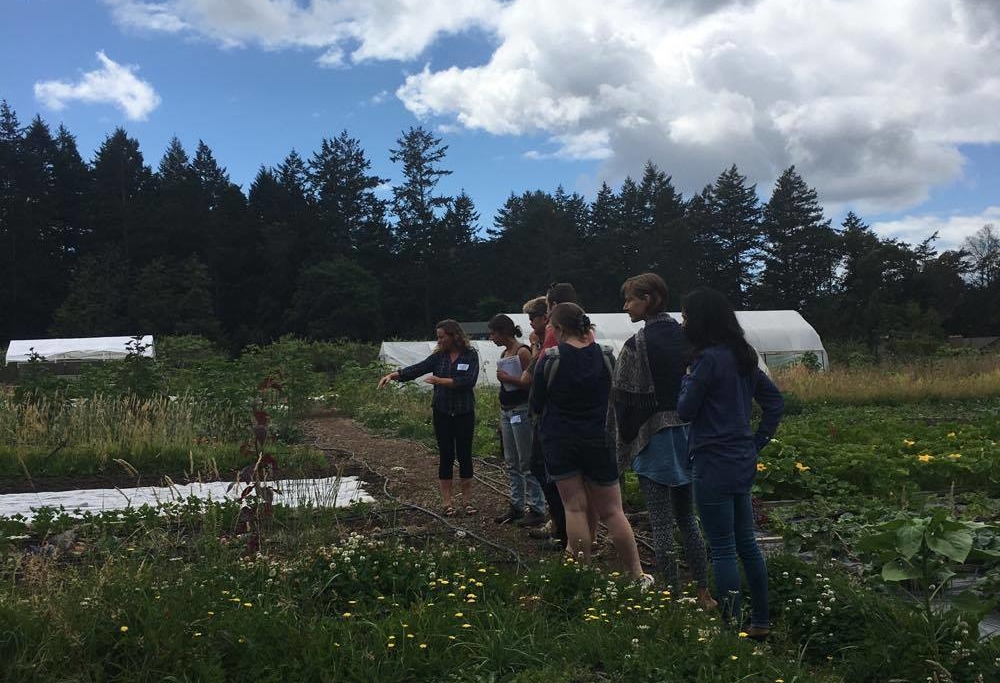The Future of Farming is in Our Hands
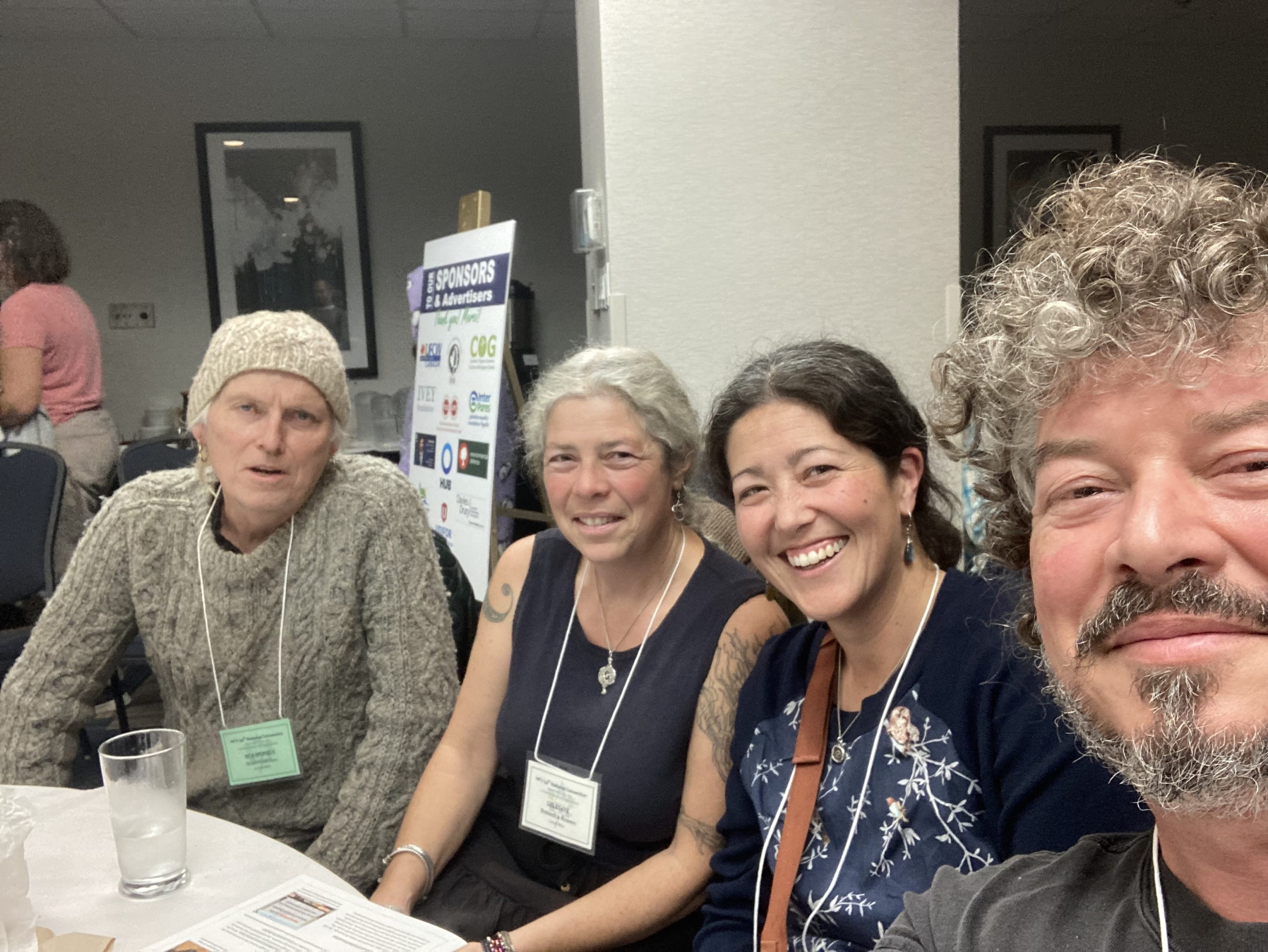
The 2023 National Farmers Union Convention
By Michelle Tsutsumi
I’m still synthesizing all that happened at the 54th National Farmers Union (NFU) Convention in Ottawa and it was a lot! Coincidentally, Rebecca Kneen and I attended as NFU members. I’m grateful that we can continue to percolate on it together and share some of our takeaways here. The NFU is Canada’s national farm organization committed to family farms. Promoting agroecology and food sovereignty, NFU’s work centres farmers, eaters, and the earth, and is embedded in social and economic justice in Canada and internationally (NFU is one of the founding members of La Via Campesina!).
Having followed NFU’s work on farmland access and seed sovereignty for a while, I was not prepared for the range of issues that NFU is open to tackling, nor the intensity of the resolution process. Huge shout out to the resolutions committee that vetted 11 resolutions before the conference and another nine that came in over the span of the three-day convention. As full as the days were, NFU took good care of its members and provided a thorough orientation to the resolution process at the top of day one. I registered too late to be able to vote; however, I learned a lot from witnessing the discussions and navigating how voices were heard from the floor and from online delegates.
Out of the many resolutions that were passed, I was impressed with how bold some of them were. For example, members voted unanimously for the NFU to support Palestine and call for a permanent ceasefire, there was unanimous support for an Indigenous Solidarity Strategy, and unanimous support for advocating that all migrant workers have access to health care upon arrival in Canada. There’s a lot of process here that would be useful to Organic BC in developing its advocacy platforms, with resolutions from members leading to policy development by the organization, then advocacy supporting those policies. It’s engaging, wide-ranging and really gets members involved. The process is very careful and thoughtful. The outcomes are exciting and useful across a wide range of issues.
Woven between resolution sessions were reports and panel conversations on topics such as: Confronting Power, Organizing for Change, and Creating the Future We Want. All of these panels were jam-packed with relevant information. A standout talk was given by Gabriel Allahdua, a former migrant farm worker from St. Lucia who is currently an Outreach Worker with migrant workers across Ontario and author of the book Harvesting Freedom, which was released this year (I read it on the plane to Ottawa and highly recommend it). The single most important action he urged is to give migrant workers status, so that they are eligible for the same protection as all other Canadian workers. This is an excellent starting point for Organic BC’s own policy for advocacy on migrant workers.
The keynote was given by Fatima Syed, an award-winning climate journalist with The Narwhal, and she provided a detailed overview of what happened in Ontario over the past few years in relation to the greenbelt. All I can say is thank goodness for dedicated investigative journalism! Ontario is losing 319 acres of farmland—every day. Without the investigative journalism, Ontario would be losing a significant portion of the greenbelt in addition to that.
Before the local food feast, members of the Indigenous Solidarity Working Group facilitated a learning circle. This was a powerful exploration of our relationship with the land and water close to where we live, how colonialism has benefited my people, how I have been impacted by colonialism, and imagining what a food system 50 years from now looks like when we are in good relationship with land and water. The connections and conversations with the people at my table continue beyond the convention.
NFU has several active committees and working groups. I am joining the Farmland Access and Action Committee, as well as the International Programs Committee that stewards the Indigenous Solidarity Working Group and Migrant Worker Solidarity Working Group. Stay tuned to learn more about Organic BC’s participation in the NFU.
The NFU Region 8 serves BC and is actively recruiting new members. It’s already very active on BIPOC and Indigenous issues.
Michelle Tsutsumi grows food in Secwepemculecw at Golden Ears Farm with a lot of support from family and friends. She is a facilitator, focusing on Cultivating Safe Spaces and sociocracy to build in practices that allow us to listen deeply so that we can make decisions from a place of safety, connectedness, and belonging.
Featured image: Brian MacIsaac, Rebecca Kneen, Michelle Tsutsumi, and Jamie Kneen at the NFU Convention. Credit: Jamie Kneen.


